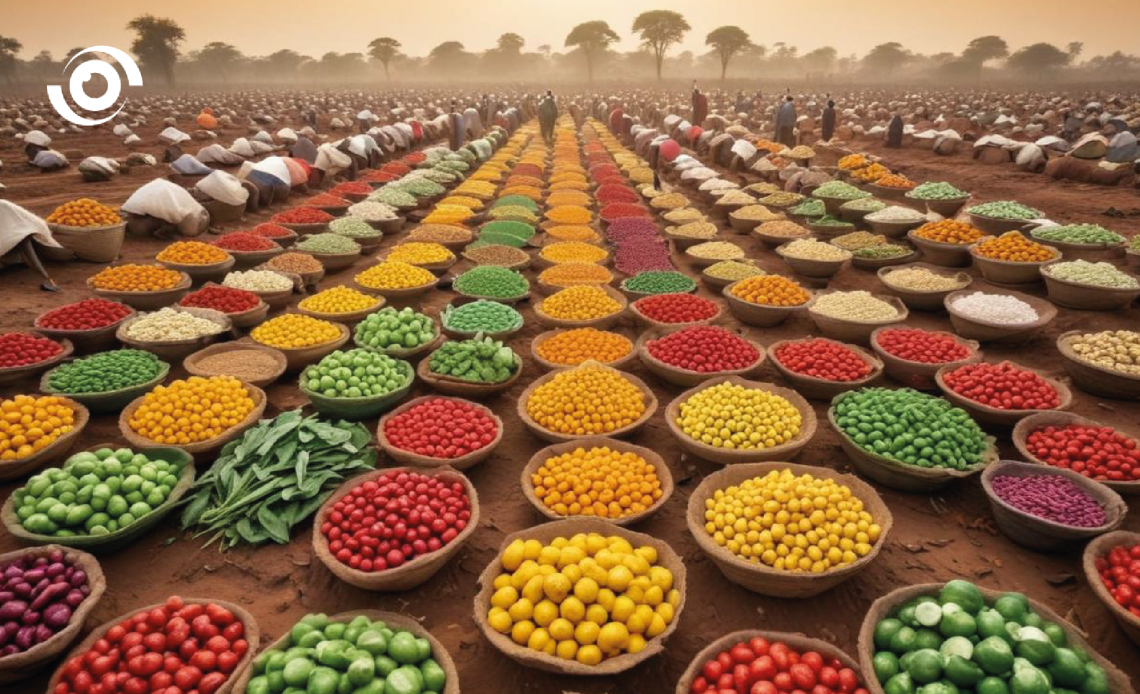“We cannot turn back time, but we can grow forests, revive water sources, and bring back soils. We are the generation that can make peace with land”. — #Generation Restoration, from the United Nations Environment Programme’s World Environment Day 2024 campaign.
On this year’s World Environment Day 2024, themed “Land Restoration, Desertification and Drought Resilience”, what comes top to mind is how desertification and drought brought about by the climate crisis exacerbates the current food crisis, and how this, in turn, impacts human health. Climate change is one of the foremost causes of the global hunger crisis, after conflict. In Nigeria, climate change also causes conflict, as evidenced in the farmer-herder clashes in Northern Nigeria, further exacerbated by the southern migration of pastoralist herders due to the increasing drought in the North and the lack of foliage for their cattle.
We live in an ecosystem where almost everything depends on the other to survive — the plant-animal-human interaction is highly co-dependent. The loss of vegetation and biodiversity due to human activities and climatic variations significantly impacts the planet’s capacity to cater to meet human requirements; including the availability of food and the ability to combat infectious diseases. This alters interactions between infectious agents and their hosts, enabling disease spread. In Nigeria, a glaring example of this is in the current Lassa fever outbreak, with over 6,000 suspected cases and 16 confirmed deaths in 2024.
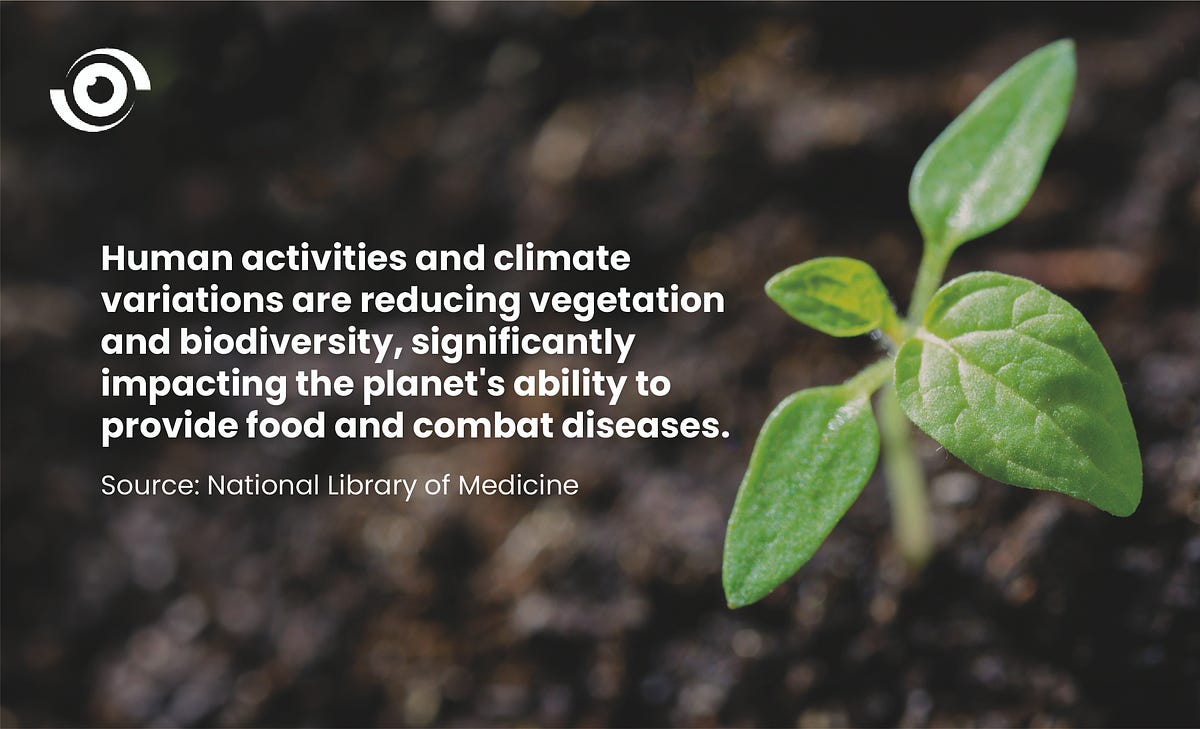
With six years left for the achievement of the Sustainable Development Goals (SDGs), it is imperative to call to mind the goals and targets that emphasise the need to protect our environment, including Goal 15, “Protect, restore and promote sustainable use of terrestrial ecosystems, sustainably manage forests, combat desertification, and halt and reverse land degradation and halt biodiversity loss”.
Tree Planting in Nigeria
Nigeria has launched several tree-planting initiatives, both at the national and sub-national level. There is also a vast network of non-governmental and community-based organisations pushing for a greener Nigeria and initiating tree-planting campaigns of their own, particularly in Northern Nigeria. These efforts have raised awareness of the need to reverse land degradation and halt deforestation, but how much of the problem has been solved?
The African Union set up the Great Green Wall Initiative in 2007, with the goal to “restore 100 million hectares of currently degraded land, sequestering 250 million tons of carbon and creating 10 million green jobs by 2030”. It is being implemented by 22 African countries including Nigeria, with the goal of restoring Africa’s degraded landscape and transforming millions of lives in the Sahel region. However, this has stalled significantly with only about 20% progress made, largely due to funding constraints. Recently, the Nigerian government has reaffirmed its commitment to the initiative, indicating its priority in the new administration’s agenda and urging countries and stakeholders not to give up, but to harness the power of collaboration to navigate challenges and seize opportunities to restore the degraded land.
But why should YOU care about planting trees?
Drought, desertification and biodiversity loss reduce the quality of the air you breathe, increasing air pollutants like desert dust and aerosols, which are linked to increased occurrence of childhood respiratory diseases and deaths, as well as a broad range of other diseases, including both communicable and non-communicable diseases.
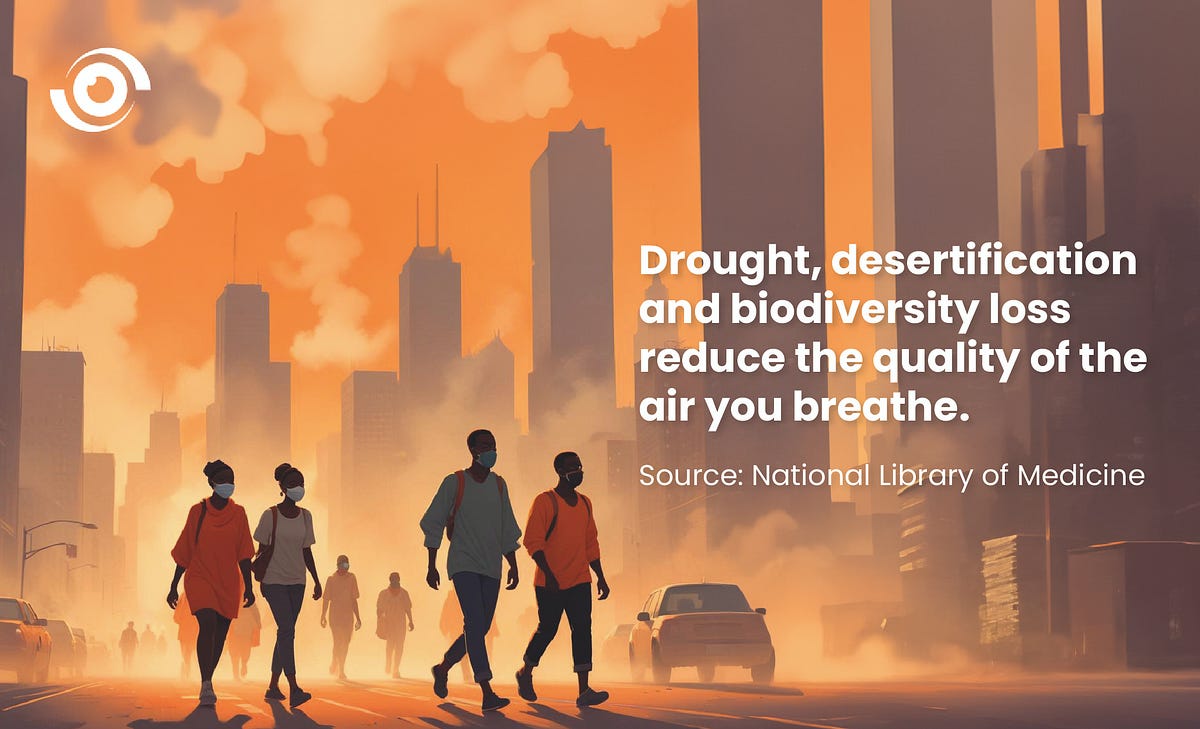
The global food crisis and malnutrition
Reversing land degradation and halting desertification is a surefire way to tackle the food crisis and improve food security — evidence has shown that converting barren fields in the Sahel region into farm and grazing lands has equipped people to better withstand seasonal shocks by improving access to lands they can work, keeping lands productive, and providing job opportunities, all of which serve to break the hunger cycle and halt malnutrition.
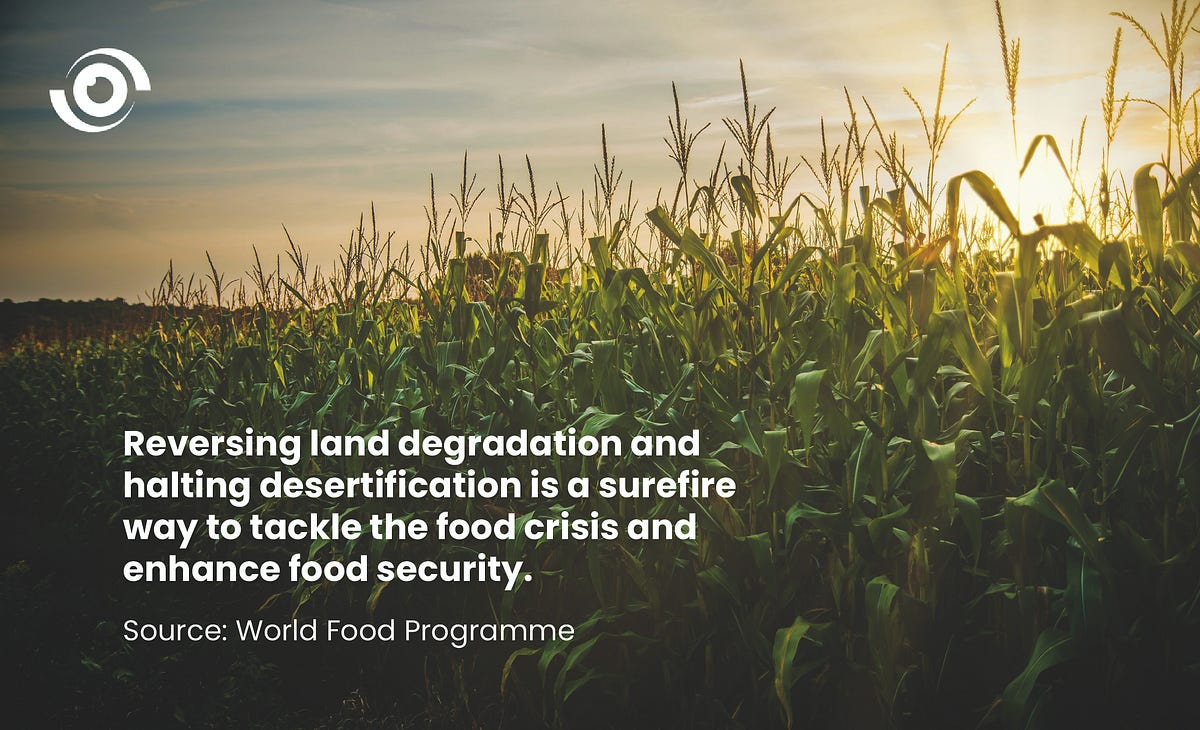
According to the World Food Programme (WFP), more than 333 million people were facing acute levels of food insecurity in 2023. This has exacerbated global hunger, starvation and malnutrition, including in the Sahel region. According to the 2024 Global Report on Food Crises, acute malnutrition worsened in 2023, with over 36 million children under five acutely malnourished across 22 countries. This requires urgent action.
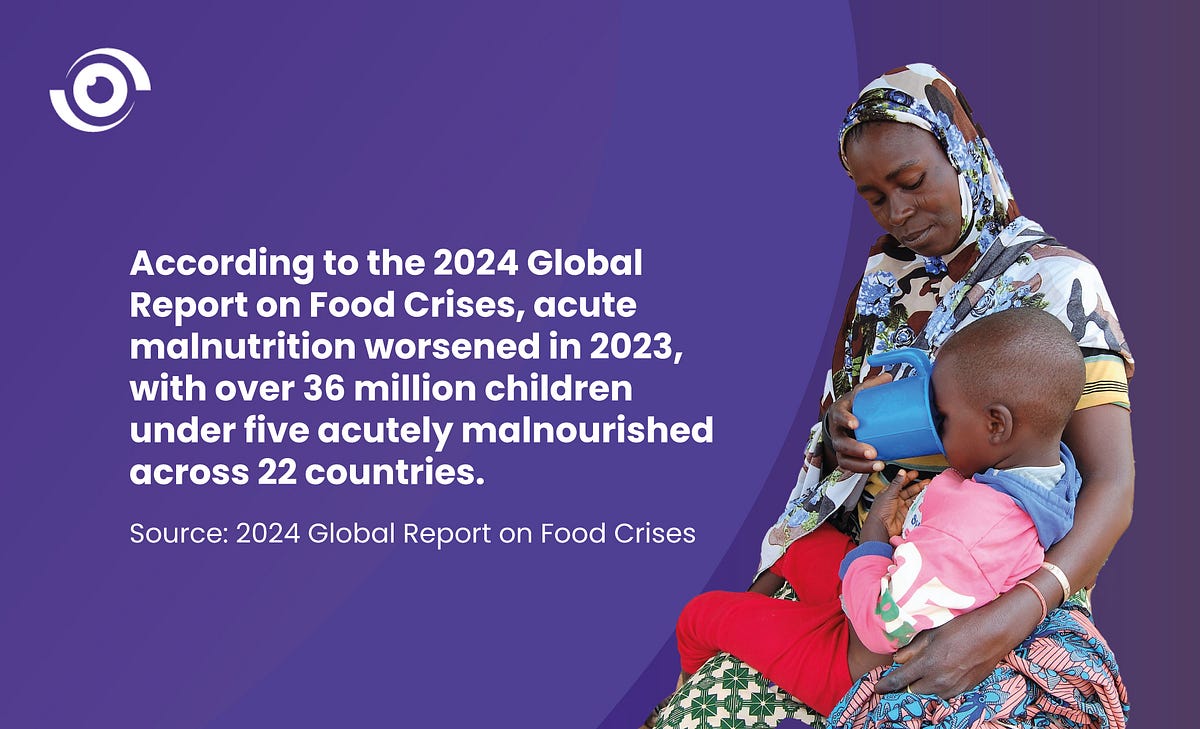
Mobilising action for environmental protection and resilience
Galvanising sufficient political will and action for environmental protection and climate action will also entail “humanising” the climate and environment crisis — health is the human face of climate change. This is why the recent Climate-Health Resolution passed at the 77th World Health Assembly is good progress, recognising the fact that climate change is an imminent threat to global health and the need for decisive action.
On the 24th of October 2024, Nigeria Health Watch will take action by hosting the 10th edition of the Future of Health Conference, where stakeholders across the health, environment and agricultural sectors will convene to discuss the impacts of climate change on health. Themed “From Evidence to Action: Building Resilience at the Climate-Health Nexus”, it provides an opportunity for researchers, health programmers, government, private sector, and civil society organisations to discuss, highlight and amplify the human-environment interface and what this means for human health.
Look out for the registration details or reach out to partner with us at events@nigeriahealhtwatch.com.


